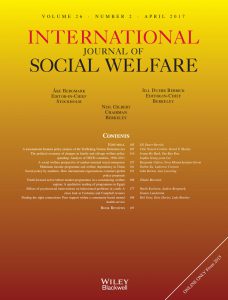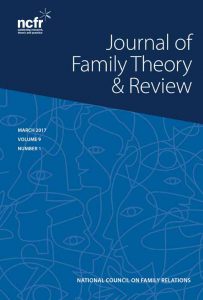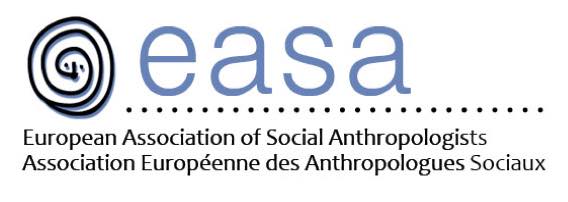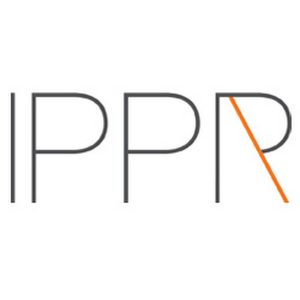Editor's Highlights: Engaging the Life Course Perspective to Study Same-Sex Families
As the Proposition 8 trial is underway in California, testing the definitions of family and marriage, it seems timely to look at what sociologists know about same-sex families. Easterbrook’s December 2009 article in the Social Psychology & Family section of Sociology Compass is a review of sociological literature on same-sex families, focusing on the life course perspective. A life course study of the family examines the transitions that families experience over time, history, and social context.
Existing literature tells a story of same-sex relationships, identifying patterns in: meeting partners, dating, sexual consummation, relationship formation, committed relationships/marriage, parenting, dissolution, and old age. The literature reveals that sex-linked differences matter more than whether a person is in a same or opposite-sex relationship at three stages: partner choice, cohabitation, and relationship dissolution. Holes in the literature reveal a need for research on dating and committed relationships. Easterbrook is particularly critical of the large gaps in sociological knowledge of parenthood, relationship dissolution, and old age in same-sex families, which exist due to marginalization and the inability of same-sex couples to transition into family life via marriage. Yet a life course lens has much to contribute to the study of same-sex families. To the extent that it acknowledges a different life course for same-sex couples, it will be possible to grow sociological knowledge of same-sex families and challenge the assumptions of a family’s life course among both same and opposite-sex families.
![]() Adam Easterbrook on Rethinking Families Over the Life Course Development Perspective: Including the Lives of Same-Sex Families
Adam Easterbrook on Rethinking Families Over the Life Course Development Perspective: Including the Lives of Same-Sex Families






I am extremely interested to reading this.
thank you for the information.
keep going on.